HARRY POTTER is reportedly coming back as an HBO series. Why there is no reason for optimism
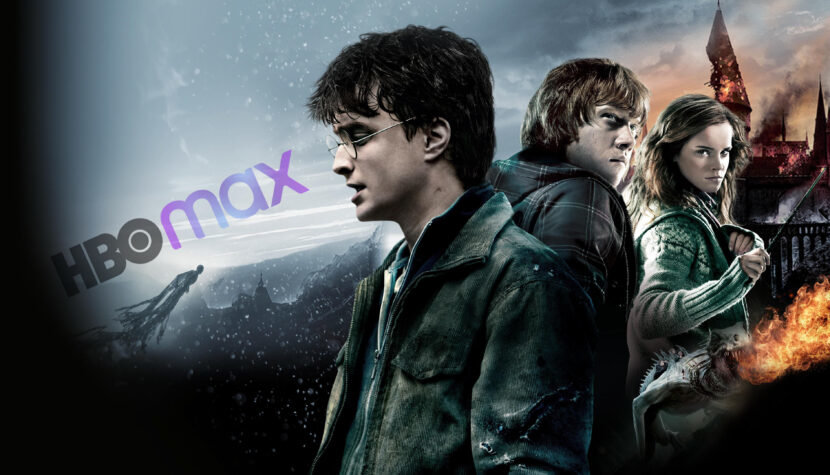
The potential return of the iconic Harry Potter series to the screens has been talked about for some time. Now, if reports from the U.S. news agency Bloomberg are to be believed, Warner Bros., which owns the rights to the series and the associated Wizarding World, has confirmed a reboot of the film adaptation of J.K. Rowling’s books, to be developed by HBO (a brand owned by the WB corporation) in the form of a seven-season series – with one season corresponding to one book. At this point, according to Bloomberg, talks clarifying details are underway with Rowling herself (who has the final say on Wizarding World projects), and further production details such as the names of showrunners, writers and cast, or the schedule for the series remain to be determined. One might suspect that, regardless of the details, the Harry Potter reboot is rather a foregone conclusion – so let’s assume that today’s revelations are true. One is left to wonder at this point about the sense of the move.
"Harry Potter" returns to the screens. But why?
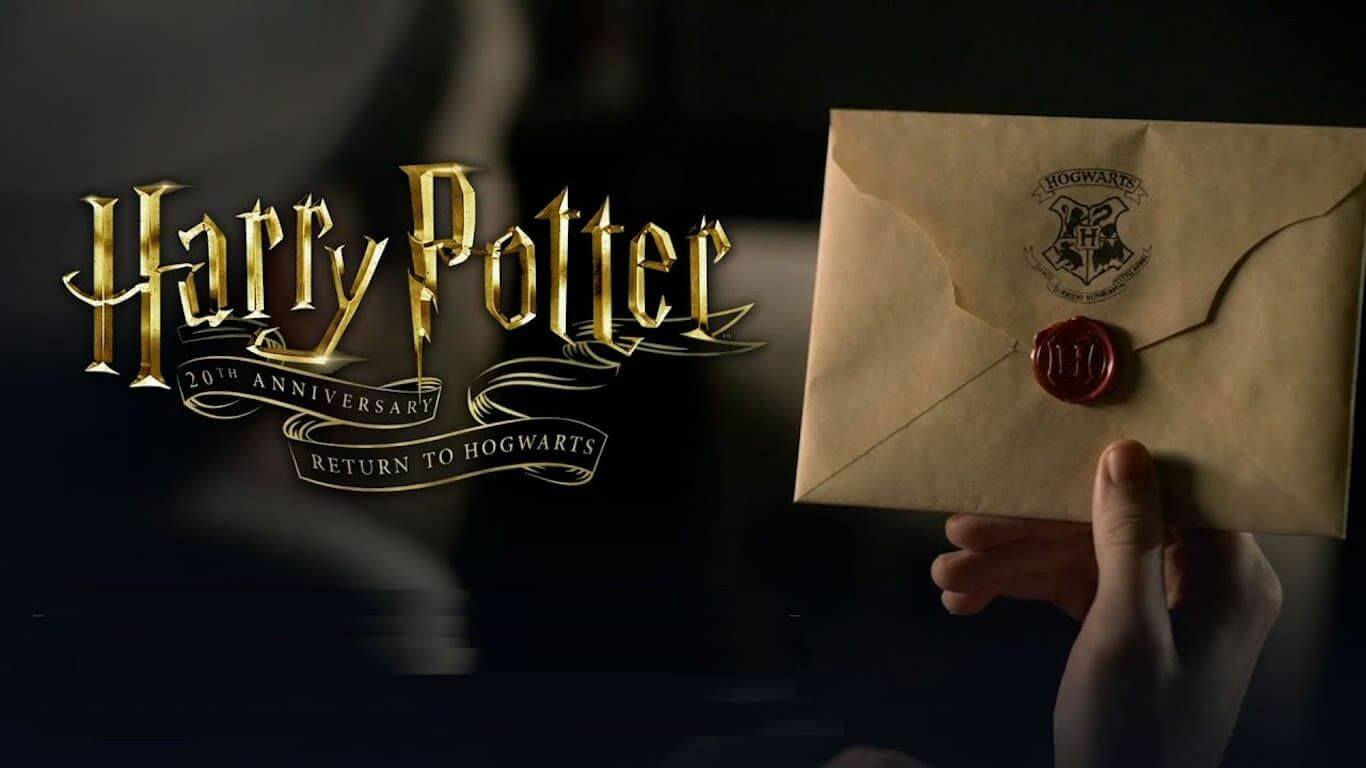
Let’s start with the fact that the move to revisit the original saga of the young wizard seems anything but premature. It’s been less than 12 years since the release of the last film in the series of the first screen adaptations – OK, ostensibly that’s a whole generation ago, but the audience’s memory goes back even a little further, even more so in the age of widespread access to the films via VOD (the entire Potter series is currently available on HBO Max). One may wonder if audiences have even began to miss Potter. Certainly, WB executives have missed it – for the revenues brought in by the film products associated with the brand, but I don’t know if that’s the same thing. It’s hard not to get the impression that the recent commercial success achieved – despite the controversy – by the Hogwart’s Legacy game is behind the decision to remake the saga. Seeing the interest in Potter’s world and the numbers going from the gaming market, analysts in Burbank probably sensed an opportunity to boost the financial poles with a classic film, and from the corporate analysis they came up with, the safest option to get them would be to return to the proven and still popular story of The Boy Who Lived.
Related:
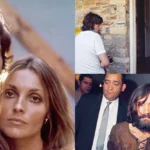 CHARLES MANSON 's Murders: The Truth Behind Mindhunter and Once Upon a Time… in Hollywood
CHARLES MANSON 's Murders: The Truth Behind Mindhunter and Once Upon a Time… in Hollywood 1922. A Haunting and Disturbing Adaptation of Stephen King's Novella
1922. A Haunting and Disturbing Adaptation of Stephen King's Novella CHRISTINE: A Collision of Visions from Two Great Horror Narrators—John Carpenter and Stephen King
CHRISTINE: A Collision of Visions from Two Great Horror Narrators—John Carpenter and Stephen King THE HITCHHIKER’S GUIDE TO THE GALAXY. Funny and Smart
THE HITCHHIKER’S GUIDE TO THE GALAXY. Funny and Smart
Looking at what’s been going on lately in the film industry, mastered by a kind of obsession with squeezing dollars out of popular brands on the one hand, and doing it with cinematic universes on the other, with corporate CEOs’ undying love for reboots and sequels, the return of Harry Potter to screens is by no means surprising. The problem, however, is that Warner – at least in my opinion – is already crossing the fine line of marketing cynicism here, reaching for a new opening that overwrites not a 20- or 30-year-old preceding project (as, for example, in the case of Dune or even Lord of the Rings), but something that, in pop culture terms, was released barely the day before yesterday. This raises the question – why this story and not another? After all, in keeping with the spirit of Wizarding World’s universe-building, it would be quite appropriate to offer a new, previously unshown on-screen story related to Rowling’s books. The answer is trivial – because Harry Potter seems a much less risky option than a new story, created basically from scratch in the face of the fact that, unlike George R.R. Martin, outside of the original saga Rowling didn’t really write much that could be adapted.
What's next for "Fantastic Beasts"?
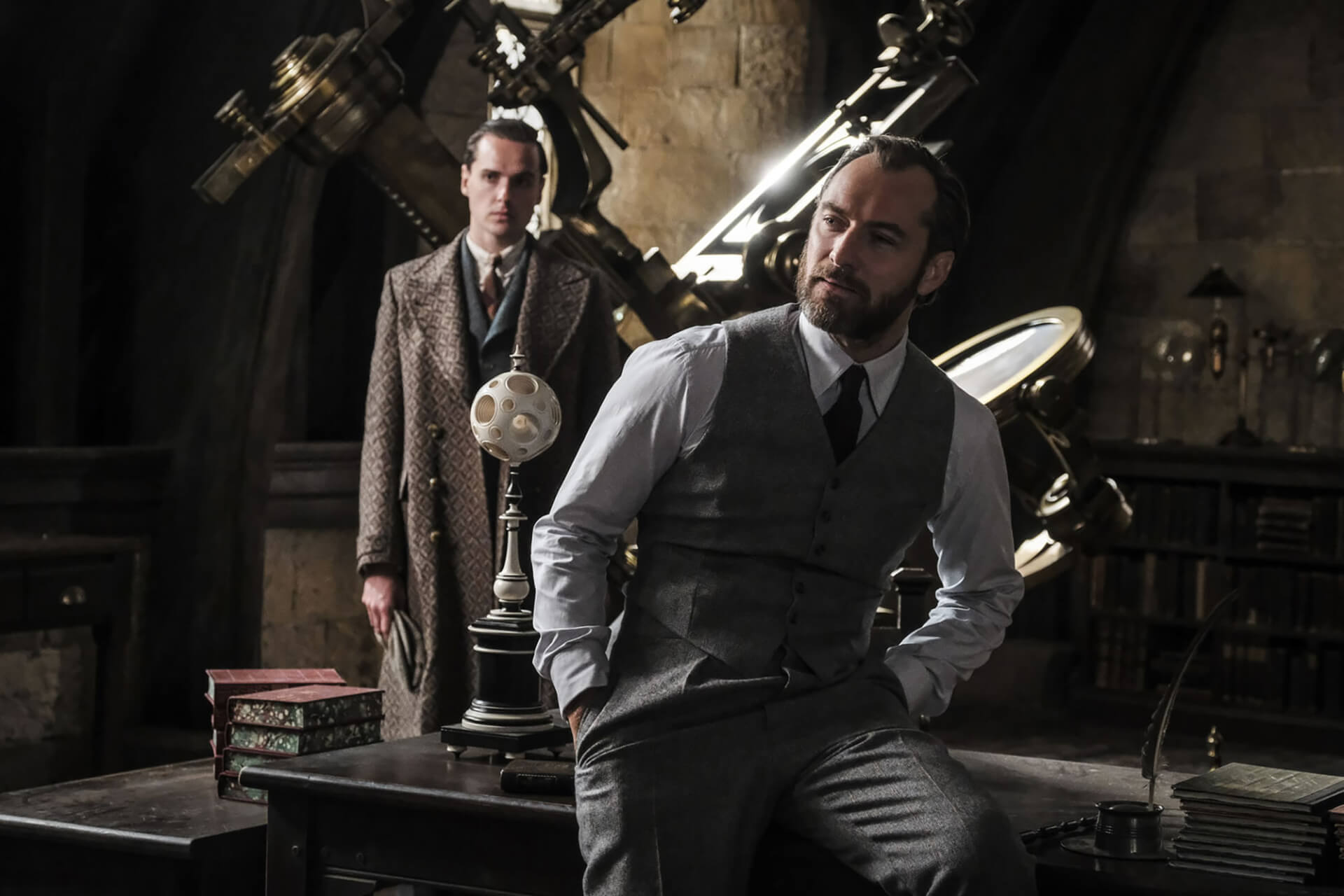
At this point, we’re probably all thinking of Fantastic Beasts, the film series that is (was?) an actual attempt to expand the Wizarding World with a new narrative in addition to the one known from the books and cinema films. Focused ostensibly on Newt Scamander, but really on Albus Dumbledore and Gellert Grindelwald, the series was more evidence of Rowling’s lack of story-delivering creativity, creating a bizarre paraphrase of the original Harry narrative with close to zero ability to meaningfully tie it to the original saga on the level of world design and consistency. Moreover, the series, originally planned as a trilogy, in the spirit of corporate squeezing the lemon to the last drop, has been artificially expanded to five films, which has already completely dismantled the drama of parts two and three, and consequently the entire series. Considering that, in addition to the sparkless Fantastic Beasts, there is the play Harry Potter and the Cursed Child, which should prove to the most of doubters that Rowling hasn’t the faintest idea how to propose, within the framework of her world, not even an interesting story, but a one that makes any sense, it’s even hard to be surprised that Warner Bros. is going in the direction of reusing an already proven tale.
In the context of a reboot of the Harry Potter series, one may have doubts at all about the future of Fantastic Beasts, rather coolly received by audiences and not very stunning in the box-office. Not that I particularly care about the fate of the series coordinated by David Yates and J.K. Rowling, but if on the occasion of a return to the original saga Warner’s management decides to delete 2/3 of the series developing the universe it will be funny in a perverse way and show what kind of priorities control the brand.
Not so fantastic Wizarding World
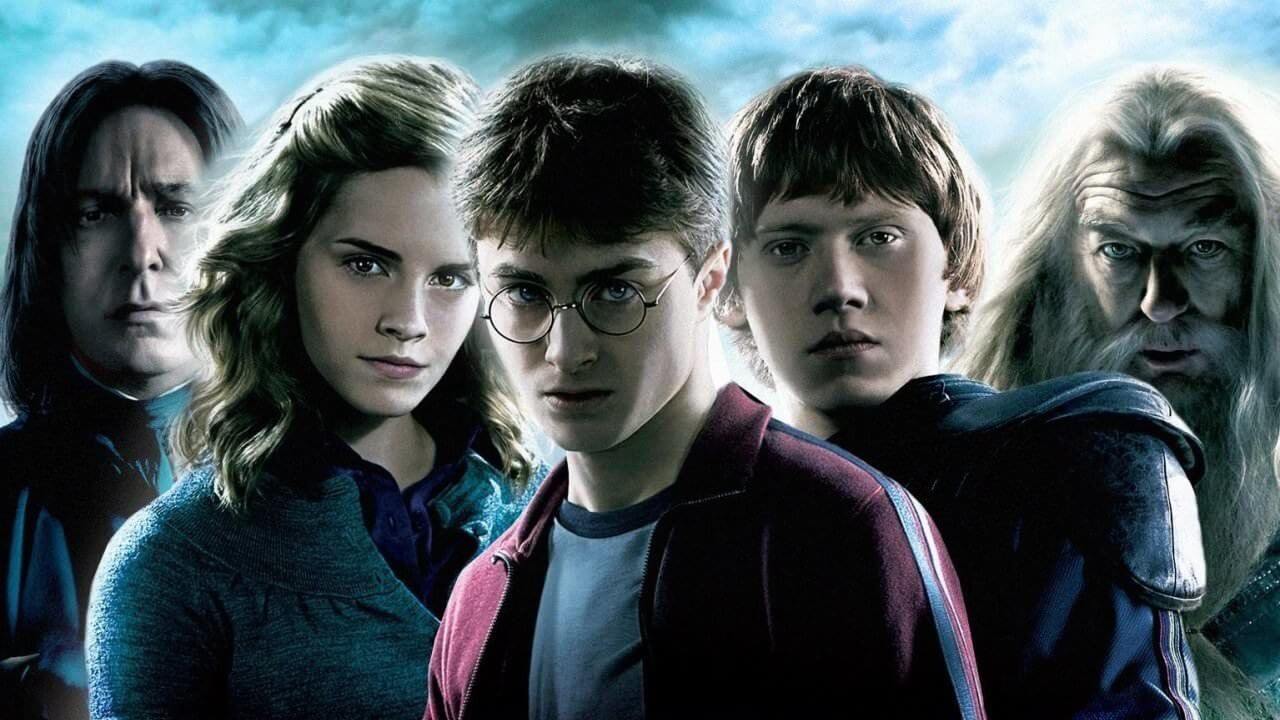
It is the Wizarding World brand itself, by the way, that is the key problem here, from which all doubts about the Potter series reboot stem. The fact that Rowling lacks the idea and the craft to develop the story is not necessarily a complaint, but the actual trouble is that the writer, who has recently been primarily engaged in fighting activists and promoting a highly problematic worldview agenda, quite firmly sitting in a cocoon of her own ego and arrogance, de facto controls the Wizarding World on a creative level. In other words, virtually nothing can be embellished within the brand without her consultation or, horror of horrors, participation. Therefore, it is not an option for someone to come along and create something new within the universe, without the consultation and blessing of the author, who consequently remains a monopolist on the official storyline within the universe. Rowling’s influence has resonated with Fantastic Beasts not only on the level of lackluster story, but also on the level of execution – the author’s approved performer of film interpretations of her world has been David Yates, who joined the universe for years, directing the fifth film: Harry Potter and the Order of the Phoenix and has remained there until now. Yates brought a whiff of creative anemia to the saga, breaking down the last four films of the original series with a pseudo-dark aesthetic devoid of directorial invention and visual panache, and as avoiding fantasy elements as possible.
Of course, I’m already a little off the mark, after all, nothing is known about production details. Someone might say that above I’ve made an argument in favor of a reboot – after the rather unsuccessful (with the exception of Alfonso Cuarón’s Prisoner of Azkaban and, to some extent, familially charming Parts 1 and 2) cinematic adaptations of the books, suffering in the later stages of the series due to the need to cram more and more extensive material into the film format, a TV series, with narrative space for nuance and side plots, offers a chance for a decent adaptation of the Potter saga. This is certainly a legitimate point of view. Except that – leaving aside the extent to which the story itself is so outstanding that, as with Frank Herbert’s Chronicles of Dune, we should strive to bring it to the screen as well as possible – the coordination of the brand by Rowling, who is rather unskilled in this regard, and the ruthless spreadsheets from Warner HQ, make it unclear to what extent the reboot will actually do justice to the material and be a decent entertainment product. That being said, there is a concern that the direction set by Yates will somehow be continued by control, as Rowling, not quite famous for her love of progress and development. And in my opinion, if the producer or, even worse, the showrunner of the new Potter will be revealed to be as the director of The Order of the Phoenix, the HBO production can be already reviewed without seeing.
Will Warner and HBO deliver?
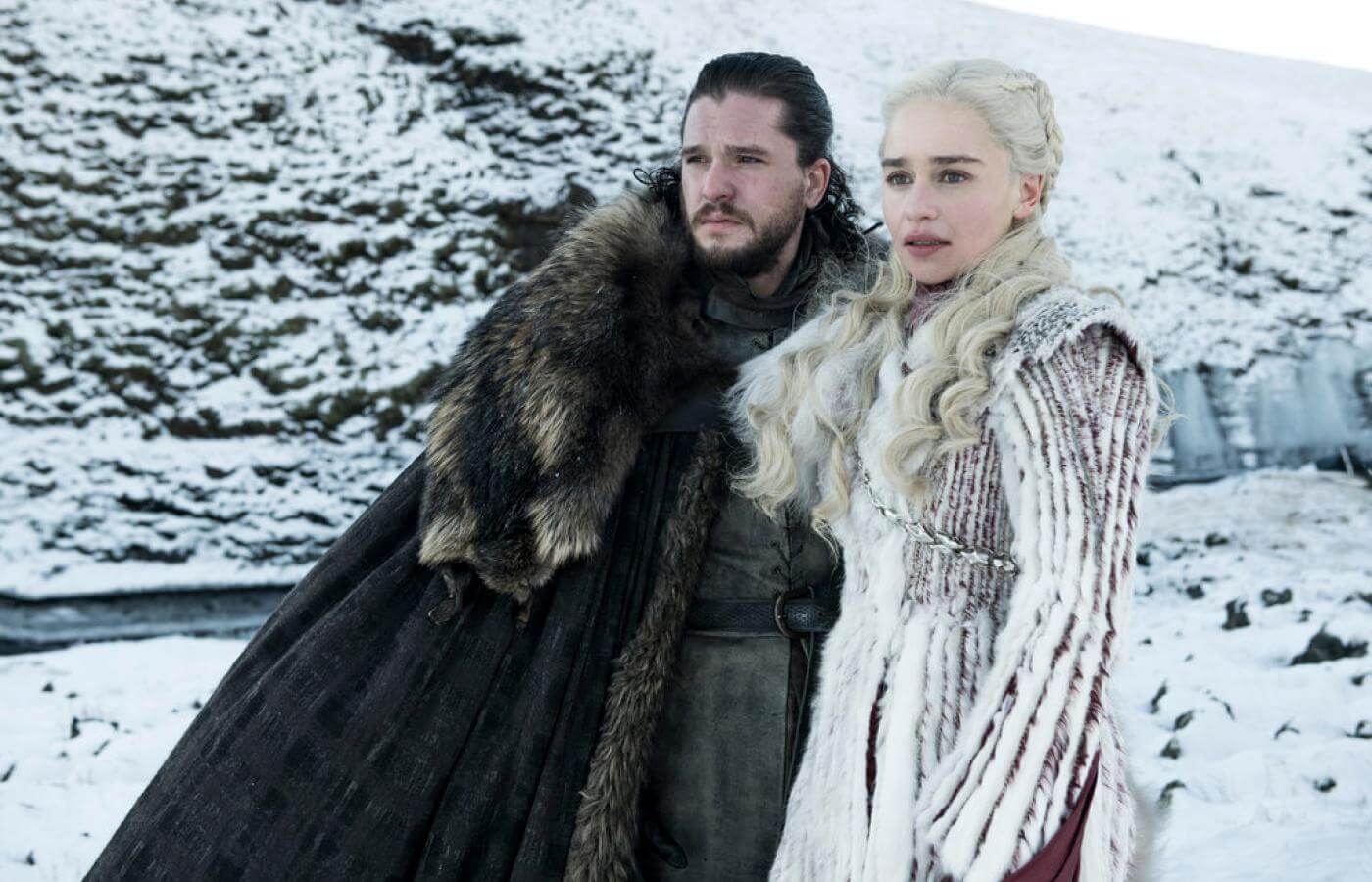
In addition to Rowling, who is problematic for the reasons indicated above and others, my doubts are how Warner itself will handle the reboot. A clue may be what they will do with Fantastic Beasts. In the context of the corporation’s recent often chaotic moves, for which abrupt deletion, relaunching and revision of series has been somewhat of a feature in the last decade, I don’t know how much I believe in a project that has been sensibly run for almost a decade (given the intervals of production and development). Especially since we’re talking specifically about HBO, which couldn’t even prove to the end of its flagship product, that was Game of Thrones. Here, of course, the situation is different, because the script is ready, but I still see a lot of question marks about the production stability of the new Harry Potter. It is worth remembering that Warner Bros. Discovery – whether directly or through one of its brands – is currently building a multi-threaded DC cinematic universe, developing a Game of Thrones franchise based on the prose of G.R.R. Martin, and recently announced the launch of a universe based on the Middle Earth world created by J.R.R. Tolkien. In addition to this, of course, individual high-budget films and series regularly come out from under the brand’s wings, stacking up a sizable network of projects financed by the global corporation. In this light, I’ll be surprised if the next few years don’t see at least one major bump in the form of a major production cancellation, another reboot or a major controversy like the Justice League fuss. And there’s no reason to assume that Harry Potter will be safe from all this turmoil.
My feelings about the Harry Potter reboot are therefore – as you can see – strongly mixed, if not rather negative. Of course, it may turn out that I’m fundamentally wrong – the series will be made in its entirety without a hitch, it won’t be spoiled by either Rowling or Yates, the reactionary-conservative elements of the original will be corrected (house elves storylines, I’m looking at you) and we’ll get a nice adaptation of the books on which a whole generation, including the undersigned below, grew up. I won’t be offended. However, I also won’t be surprised if little or nothing comes out of it.

